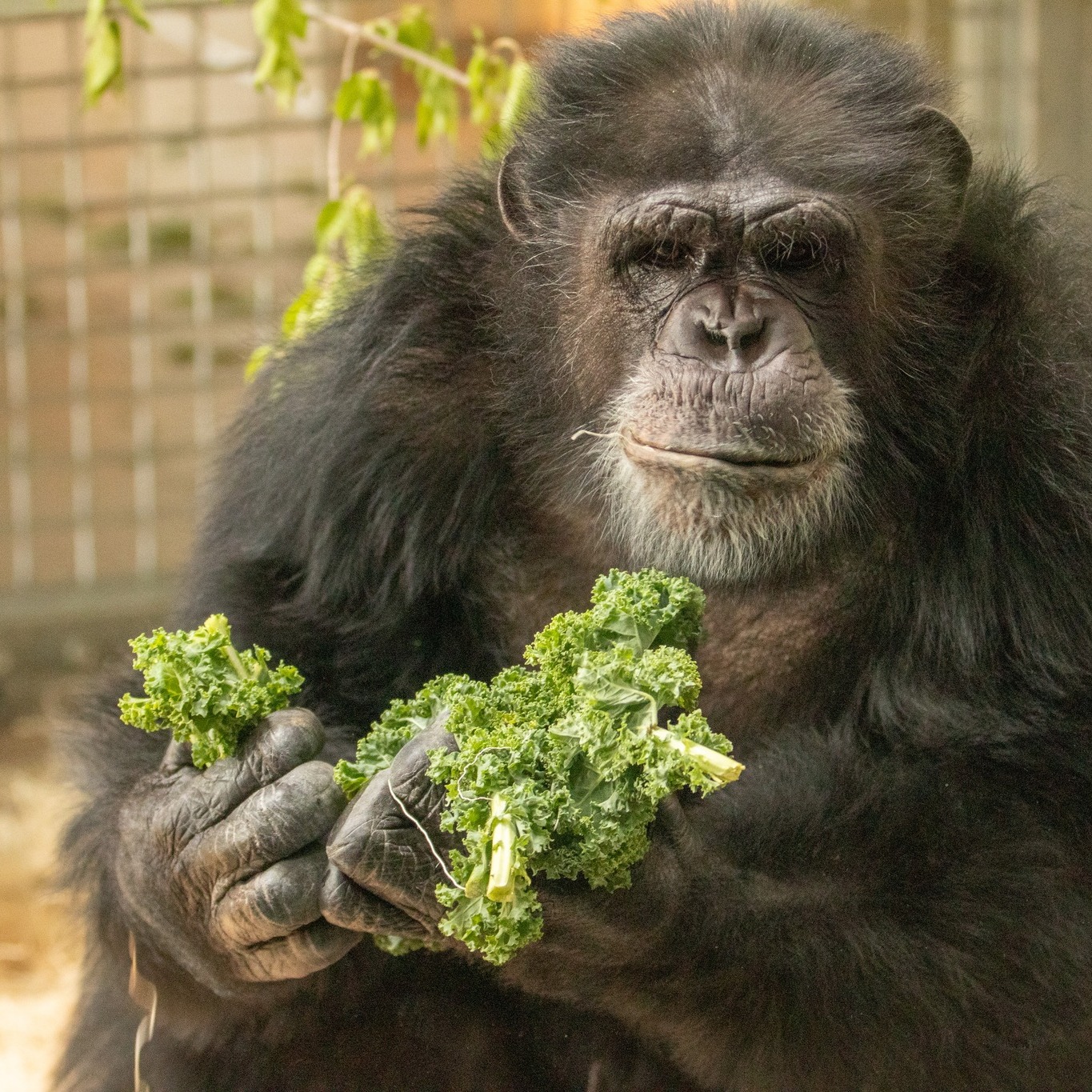- Chimps as True Omnivores: Dietary Diversity
- Medicinal Plant Use: Self-Medication and Health
- Conservation Challenges: Protecting Natural Habitats
- Zoo Management: Balancing Animal Welfare and Education
- Contribution to Ecosystems: Ecological Impact and Interaction
Chimpanzees as True Omnivores: Dietary Diversity
Chimpanzees exhibit remarkable dietary flexibility, positioning them as true omnivores. This versatile diet includes an array of fruits, nuts, seeds, and leafy greens, forming the core foundation of their nutritional intake. However, their dietary repertoire extends far beyond plant-based foods. Chimps are known to consume insects, small mammals, and even bird eggs, showcasing their adaptability to available resources. This diverse menu allows chimpanzees to thrive in varied environments, from dense rainforests to savannah woodlands.
The ability to alternate between sources reflects their evolutionary success and adaptability, key elements for survival in dynamic ecosystems. Such dietary behaviors offer insights into human evolution, suggesting parallel developments in dietary strategies.
Medicinal Plant Use: Self-Medication and Health
Fascinatingly, chimpanzees practice a rudimentary form of medicinal plant use, indicative of a complex understanding of their environment. Observations have documented chimps deliberately selecting and consuming specific plants to combat parasites and infections. This behavior, termed zoopharmacognosy, involves the use of naturally occurring compounds for therapeutic purposes.
For example, chimpanzees consume Aspilia leaves, which possess antiparasitic properties. The awareness and application of plant properties demonstrate cognitive abilities and knowledge transmission. These practices highlight the intricate relationship chimpanzees maintain with their habitat, reliant on biodiversity for survival and health. Understanding these behaviors aids conservation efforts, emphasizing the necessity to protect not just species, but the ecosystems they inhabit.
Conservation Challenges: Protecting Natural Habitats
Chimpanzees face significant threats due to habitat destruction, largely from deforestation and human expansion. These disruptions not only reduce living space but also limit access to the wide variety of foods necessary for their survival. Addressing these challenges requires concerted global conservation strategies.
Protected areas and wildlife corridors are vital for maintaining genetic diversity and sustainability. Conservation organizations collaborate with local communities to promote sustainable land use, balancing human needs with ecological preservation. Education and awareness programs also play a crucial role in fostering coexistence. Safeguarding chimpanzee populations is an ongoing battle, demanding international cooperation and committed action.
Zoo Management: Balancing Animal Welfare and Education
Zoos serve as critical institutions in the conservation and education continuum. Effective zoo management focuses on replicating natural habitats as closely as possible, ensuring chimpanzees’ physical and psychological well-being. Enrichment programs offer mental stimulation and encourage natural behaviors, vital components for healthy captive populations.
Zoos contribute to public education, offering insight into chimpanzee behaviors and the importance of conservation. These interactions heighten awareness and foster public support for global conservation initiatives. Carefully curated exhibits and information drive the narrative of conservation, inspiring visitors to engage with environmental efforts.
Contribution to Ecosystems: Ecological Impact and Interaction
Chimpanzees play a pivotal role in their ecosystems, contributing to seed dispersal and maintaining plant diversity. Their foraging and dietary habits shape vegetation patterns, influencing the overall health of their habitats. As predators and prey, they are integral components of the food chain, affecting population dynamics of various species.
Their social structures and habitat interactions offer valuable data for ecological studies, providing a lens through which we understand broader environmental processes. Protecting chimpanzee populations ensures the preservation of these ecological roles, maintaining biodiversity and ecosystem resilience. Such efforts underline the complexities of wildlife management and the intertwined fate of species and their environments.
Overall, chimpanzees are extraordinary creatures whose survival reflects broader ecological and conservation themes. Their diverse diet, adaptive behaviors, and ecological contributions underscore the intricate balance of natural systems. By understanding and protecting these primates, we advance both scientific knowledge and conservation goals, fostering a harmonious coexistence.
*****
Source Description
🥬 It’s the final week of Ape-ril — time to eat your greens! 🌿
Chimpanzees aren’t just plant lovers, they’re true omnivores! From fruits, nuts, and leafy greens to insects, small mammals, and even eggs, their menu is diverse.
Fun fact: Chimps have been spotted munching on medicinal plants to battle parasites, infections and other sicknesses.


